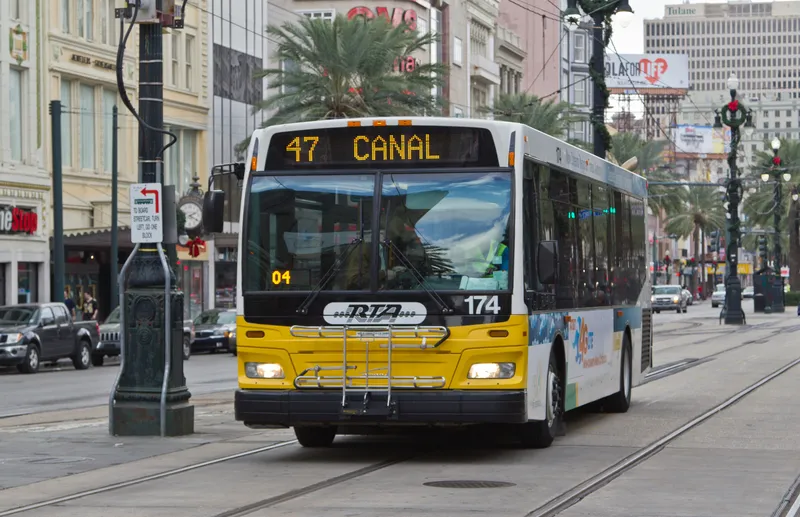IBI Group has been awarded a contract to provide the City of Toronto with a five- and 10-year implementation plan outlining which bikeways will be built for the next 10 years.
The plan will look at how to fill bikeway gaps, connect destinations, serve existing and potential demand, and meet the goals of the city’s Official Plan. It will build on the 2001 Bike Plan, integrate with the Transportation Capital Plan, and incorporate any new community plans and data such as the City’s Cycling App.
“This is
December 16, 2014
Read time: 2 mins
The plan will look at how to fill bikeway gaps, connect destinations, serve existing and potential demand, and meet the goals of the city’s Official Plan. It will build on the 2001 Bike Plan, integrate with the Transportation Capital Plan, and incorporate any new community plans and data such as the City’s Cycling App.
“This is an exciting and critical study to define what the City will build to upgrade and expand the Toronto cycling network”, said Norma Moores, IBI Group project manager. “We will be working in association with Velo Quebec, and involving staff from the Hamilton and Toronto offices in fieldwork, GIS mapping, and analysis.”
The project includes public and stakeholder outreach, and the use of MetroQuest for on-line commenting. The study was initiated in December 2014 and will be completed in June 2015 to meet fall budgeting timelines.










